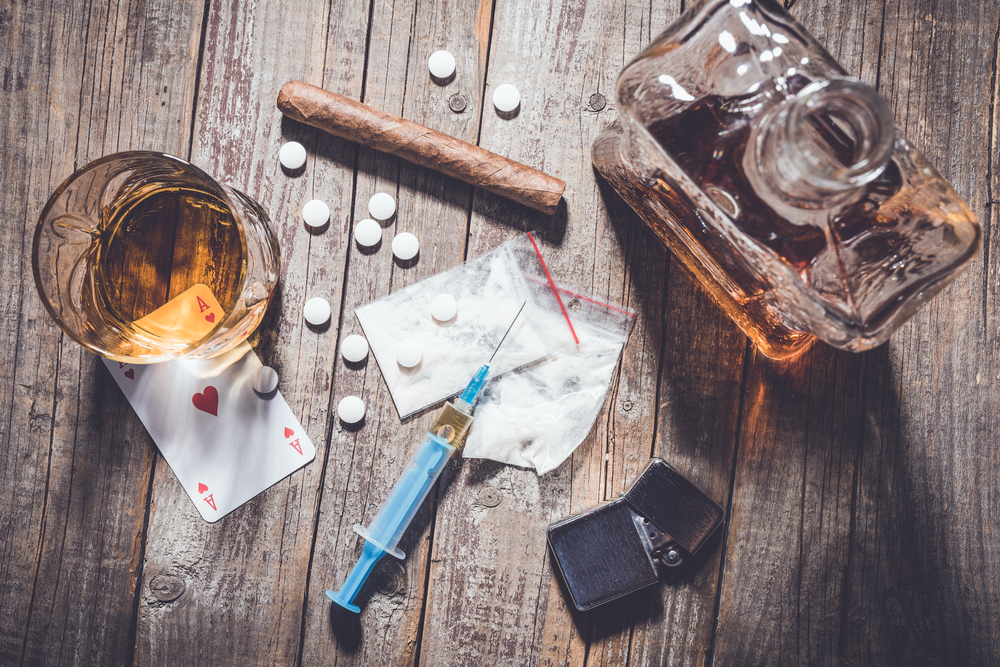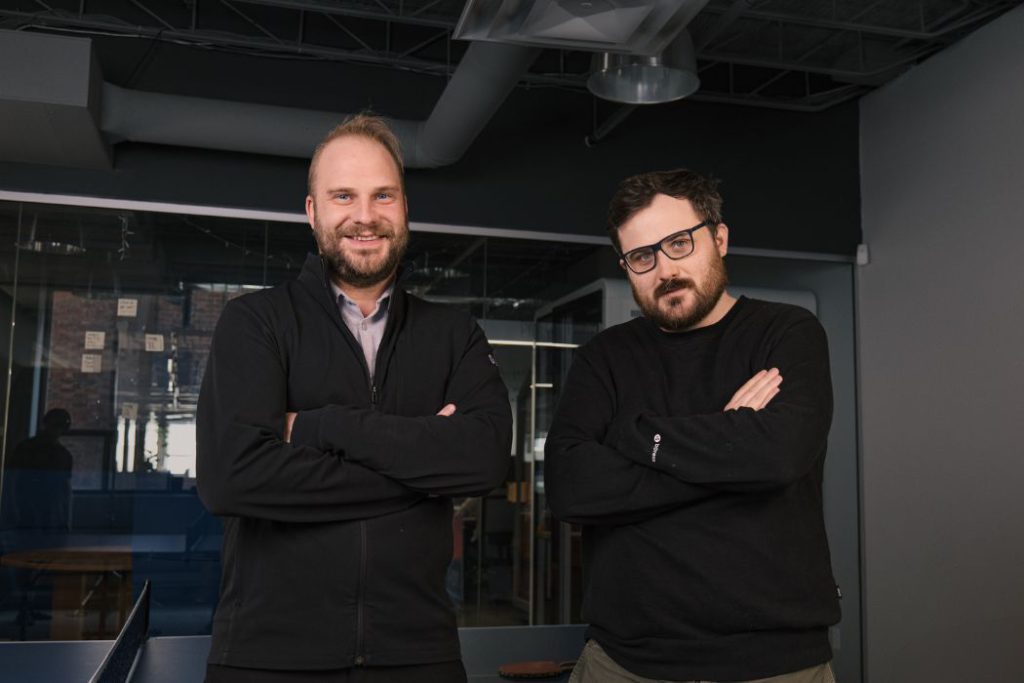Chicago-based Triggr Health is an app that helps people struggling with substance or alcohol abuse to take steps to reduce the likelihood of a relapse. A bold statement for any smartphone app to make, but founder John Haskell affirms on the website that the platform can predict regressive behaviour with over 90% accuracy. The idea came to him whilst attending college, when a friend suffering with both substance abuse and mental health issues was saved from a suicidal moment when her mum rang at an opportune moment. When he asked the mother how she knew, she replied that it was mother’s intuition, as she had noticed she’d been texting in the middle of the night, and not using the game she often played on her phone. “She was processing data, understanding patterns, and recognizing a deviation,” Haskell told Digitalist Mag. He added that Triggr hopes to replicate that process, as the app uses machine learning to analyse passive phone activity such as screen engagement, texting patterns, sleep history and location to find patterns that suggest changes in behaviour or possible relapses. When troubling changes in routine are detected, it prompts the ‘behavioural change guides’ to reach out and message the user, offering alternative ways to deal with their cravings. Each user has a rating from 1 to 10, 1 being safe and 10 being in a possibly dangerous situation, and this allows the guides to reach out when they are needed the most, while being able to juggle 500 users a day, and Haskell told Digital Mag that this number could go up to 1,000 per guide. The guides are on call 24/7, and are always available to answer messages sent by the user who are struggling with their addiction. As AI chatbots are increasing in popularity, it is refreshing to see that the app sticks with real human interaction to deal with individuals with differing needs, although Haskell admits that Triggr is not an alternative to other forms of therapy. “If somebody is open to higher levels of care, we encourage looking into options such as individual therapy or medication-based therapies,” Haskell told Digital Mag. “Our goal is always to treat the whole individual—on their terms.” Addiction is a huge problem in the States and the National Institute on Drug Abuse states that 33,000 people died from opioid abuse in 2015, which is more than double the amount in 2005. Treatment for addiction is also difficult as rehab programs are extremely expensive, and Alcohol/Narcotics Anonymous groups don’t work for everyone across the board. MIT Technology Review spoke to a woman who preferred Triggr over peer support groups that she never found helpful. “I don’t like the atmosphere. I feel like people are talking about using and glorifying it,” she said. “I don’t like telling my story a million different times.” According to the New York Times, of all those who have addiction issues, only 10% will receive treatment, for various reasons including fear of stigma or the prohibitive cost of treatment. Online tech and science magazine Motherboard spoke to Dr. Jonathan Howard, a neurologist at NYU’s Langone Medical Center about the limitations of current pill-based treatments for addictions, for example, a pill that makes you violently sick if alcohol is consumed at the same time. “The problem is, people can just stop taking it,” he told the magazine. “The [Triggr] app may suffer the same problem. People can just turn it off. Addiction changes people’s brain in a way non-addictive people can’t understand.” The Blake Recovery Centre in New Jersey is an addiction treatment and rehabilitation facility that is currently offering Triggr as a treatment for patients when they leave the centre to try and start and lead a sober lifestyle after treatment. It is incredibly difficult for these rehabilitation centres to follow up on people when they’ve left, and Triggr is a way for them to ensure that their patients have some kind of support network that is available for them at any time of the day or night. There are other apps that are trying to do the same thing, such as Quit That! Which purportedly helps users abstain from anything from junk food to heroin, or SoberTool, which uses rewards and prompts to keep people from going back to the bottle. WeConnect was founded by a former addict, and is a digital AA platform. Ultimately, everybody and their addiction is different, and although apps like Triggr or WeConnect might work for some people, others might find that therapy or peer support groups much more useful. What all of these try and do is reduce the stigma surrounding drug and alcohol dependency, and make the addict feel understood and give them the confidence to reach out for help without fear of judgment.
Chicago-based Triggr app can predict addict relapses with 90% accuracy
By Techli
13 abril, 2018









